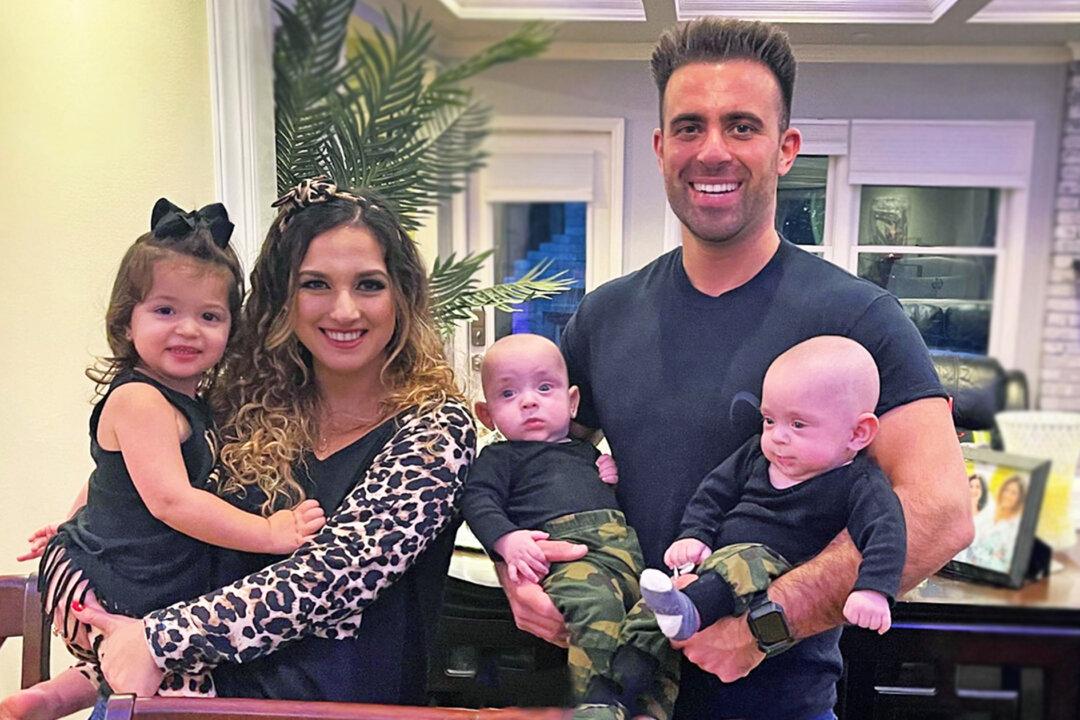A set of premature twins didn’t meet outside the womb until they were 2 months old. However, together, they had already survived an in-utero surgery, a rare and dangerous condition, and a protracted stay in the NICU amid the COVID-19 pandemic.
Now 8 months old, both Pauly and Vinny Salmonese are thriving. Their parents, Dana and Joe, of Huntington, New York, couldn’t be prouder of their “miracle baby fighters.”





